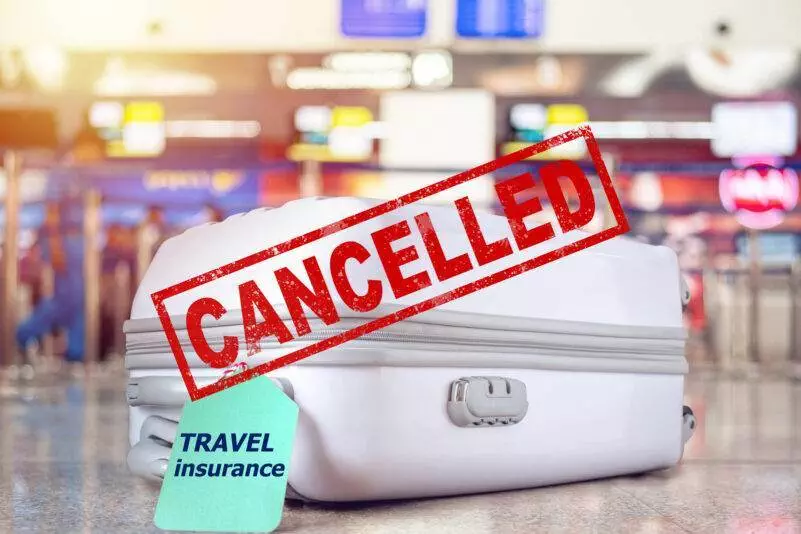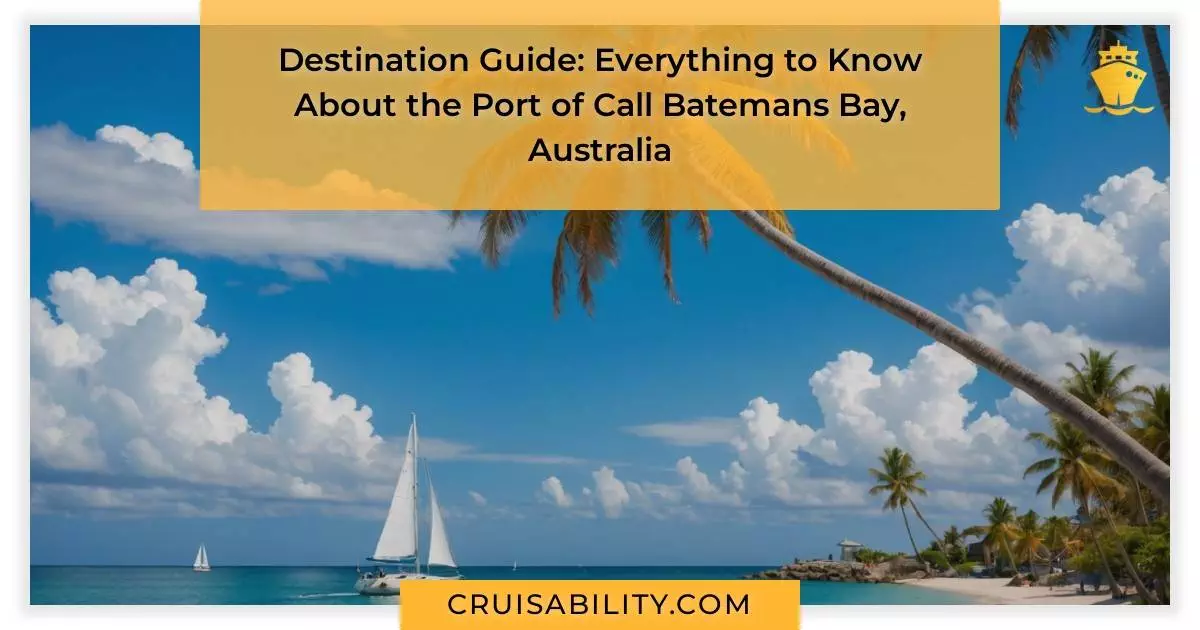Cruise vacations are a popular way to travel and explore the world, but they come with their own unique set of risks. Trip Interruption Coverage is essential as cruise ships can be prone to weather delays, mechanical breakdowns, and other unexpected events that can disrupt your vacation plans.
Fortunately, there are cruise insurance policies available that offer trip interruption coverage in the event of an unexpected disruption. This guide will provide you with an overview of the different types of trip interruption coverage offered by cruise insurance policies and how they can help protect you from the financial losses associated with these types of disruptions. With the right policy, you can ensure that your vacation is fully protected from unexpected events, so you can relax and enjoy your cruise knowing that your investment is secure.
Table of Contents
1. Cancellation coverage
Cancellation coverage is an essential component of any cruise insurance policy. This type of coverage reimburses the traveler for any non-refundable deposits and fares that have been paid if the traveler has to cancel the trip for a covered reason. It also covers any additional costs of canceling a trip, such as airline fees, hotel costs, and more.
When selecting a cruise insurance policy, make sure to look out for the cancellation coverage limits and the types of events that are covered. This will help ensure that you are fully protected in the event that you need to cancel your trip.
2. Reimbursement of transportation costs
The second type of trip interruption coverage offered by cruise insurance policies is the reimbursement of transportation costs. This type of coverage can provide reimbursement of the cost of transportation to return home should your cruise be interrupted due to a medical emergency, loss of personal items, or other unforeseen circumstances.
This coverage can also provide reimbursement for additional transportation costs in the event of a missed port due to a mechanical issue or other unforeseen circumstances.
3. Trip delay coverage
Trip delay coverage is a type of trip interruption coverage that is offered by many cruise insurance policies. This coverage provides reimbursement for non-refundable expenses or unused portions of a cruise trip if a traveler is delayed or prevented from boarding or continuing their cruise due to certain covered events, such as severe weather, mechanical breakdown, or labor strike.
This coverage can help reimburse the cost of any additional hotel nights and meals you may have to purchase if your cruise is delayed. Additionally, some cruise insurance policies will also provide up to a certain amount of reimbursement for travel expenses associated with a delayed or interrupted cruise.
4. Medical evacuation coverage
Medical evacuation coverage is an essential component of any cruise insurance policy. It covers the cost of transporting a passenger to the nearest suitable medical care facility in the event that they become ill or injured while on their cruise.
This coverage is especially important if the passenger needs to be taken to a medical facility in another country, as it can be very expensive to arrange the necessary transport. The coverage also typically covers the cost of a companion’s travel to the medical facility, should the passenger require one.
5. Lost or delayed luggage coverage
One type of trip interruption coverage that is important to consider is lost or delayed luggage coverage. This type of coverage can help you if you find yourself without your luggage during your cruise. Depending on the policy, you may be able to receive reimbursement for the cost of replacing clothing, personal items, and other necessities that you need during your trip.
Additionally, coverage may include reimbursement for incidentals like toiletries, phone calls, and meals that you may need until your bags are located.
6. Lost passport/travel documents coverage
One of the most important types of trip interruption coverage provided by cruise insurance policies is lost passport/travel document coverage. This type of coverage helps protect travelers if their passports, visa, driver’s license, or other travel documents are lost or stolen while they’re away.
It can cover the cost of replacement documents, as well as any additional expenses incurred due to the delay. It’s important to note that some policies may only cover certain types of travel documents, so it’s a good idea to check your policy’s coverage limits before you buy.
7. Trip curtailment coverage
Trip curtailment coverage offers protection if your cruise is canceled or cut short due to unforeseen circumstances. This type of coverage will provide reimbursement for unused portions of your cruise, as well as any additional transportation or lodging costs you may incur.
It also covers any cancellation or change fees imposed by the cruise line or other service providers. This is essential coverage if you’re worried about the cost of a last-minute change or cancellation.
8. Emergency medical and dental coverage
Emergency medical and dental coverage in a cruise insurance policy is designed to protect passengers in the case of a medical or dental emergency while on their cruise.
This coverage typically covers the cost of medical or dental services, including doctor’s fees, hospital fees, prescriptions, and ambulance transport. Depending on the policy, coverage can also include medical evacuation to the nearest medical facility in the event of an emergency. It’s important to read the fine print and be aware of any exclusions or limitations before purchasing a policy.
All in all, cruise insurance is an essential purchase when you’re planning a vacation at sea. Knowing the different types of trip interruption coverage offered by cruise insurance policies is key to ensuring you’re covered in the event of a sudden disruption and ensuring that you and your loved ones are protected. Regardless of the type of coverage you choose, be sure to read the fine print and know your policy’s limitations so you can be confident you’re properly covered.





